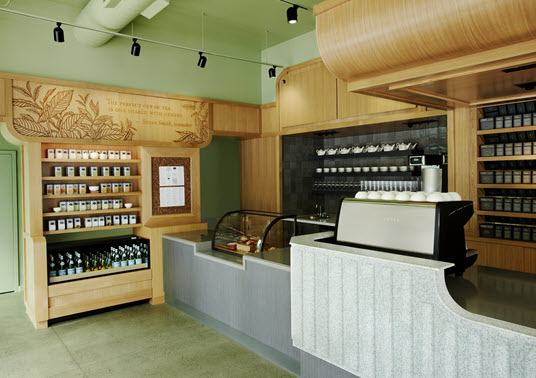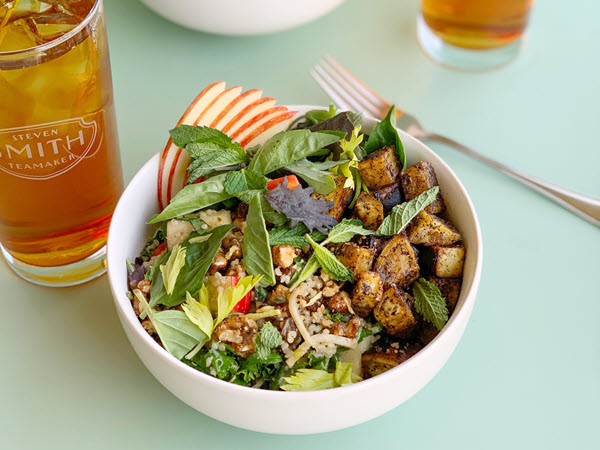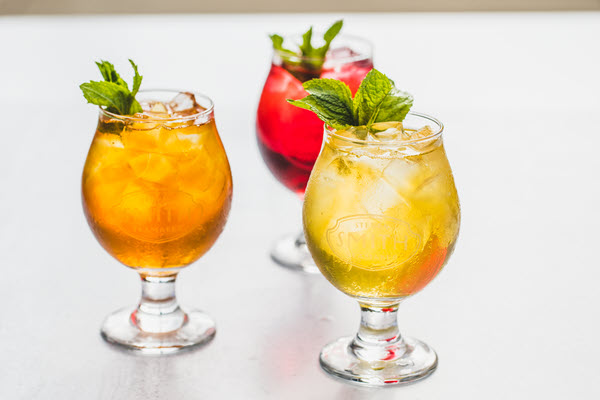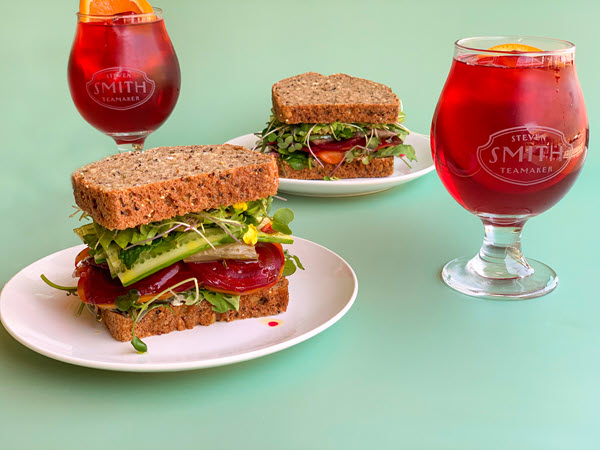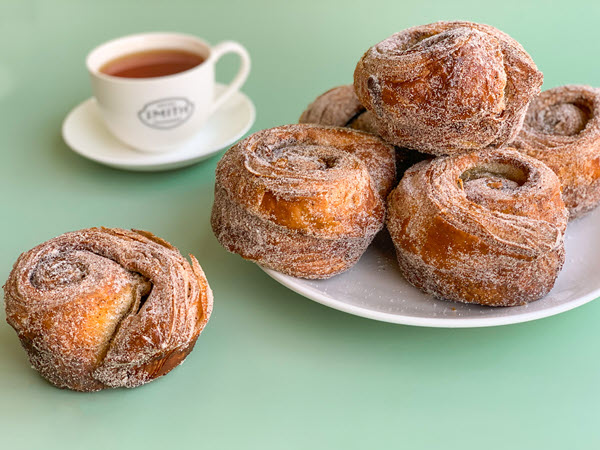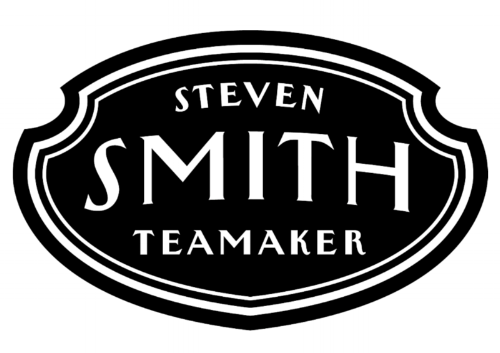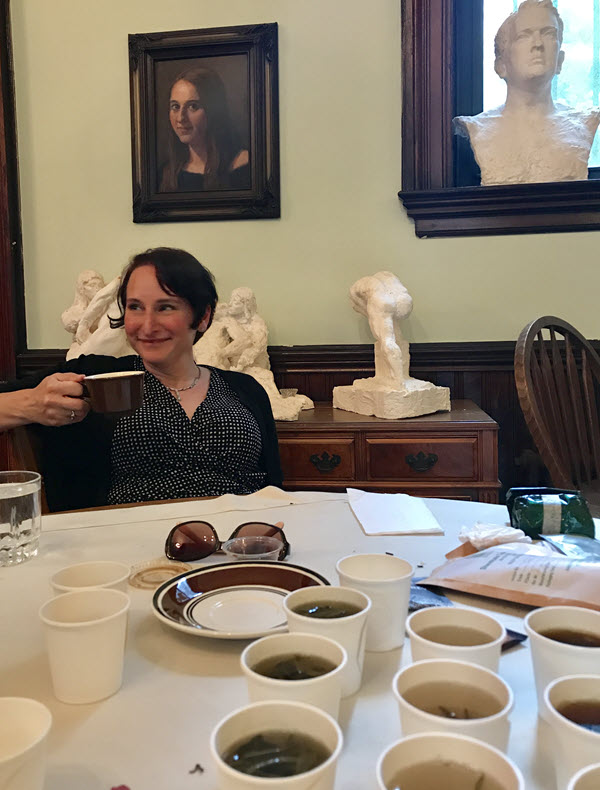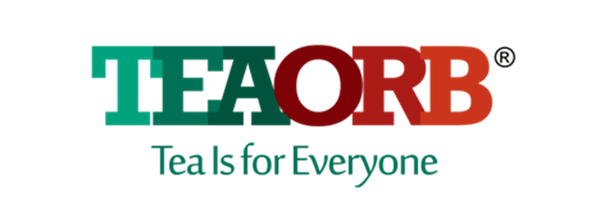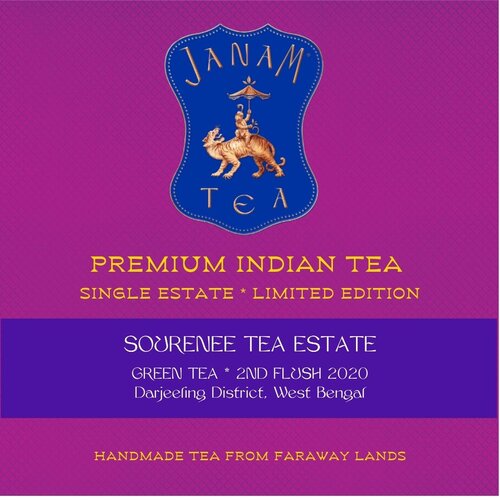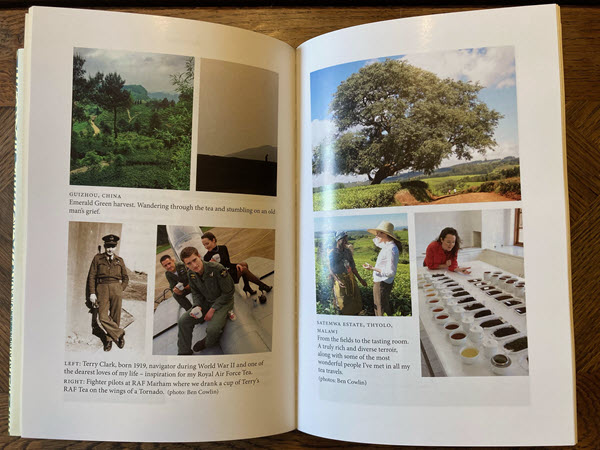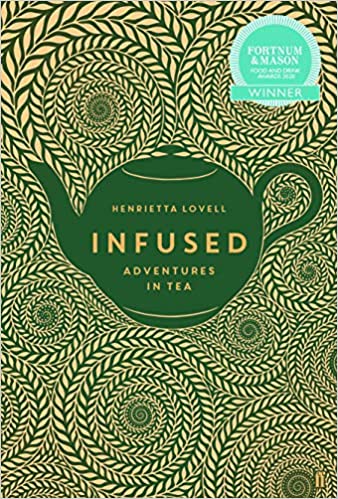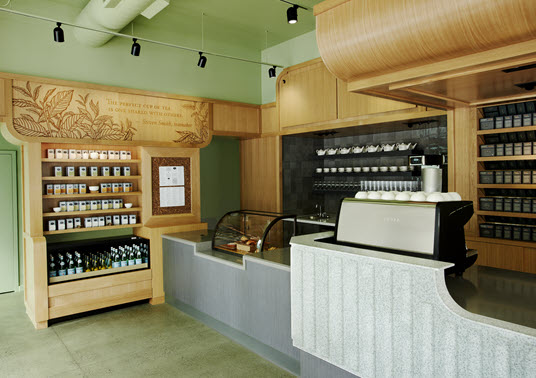“The perfect cup of tea is one shared with others.” This quote by legendary tea entrepreneur Steven Smith adorns oak paneling of Smith Teamaker’s new café in Portland, Oregon. It’s a café with a tea twist — the plant-based menu features dishes and snacks infused with the company’s premium tea.
Listen to the interview:

A Plant-based Food Café where Tea Reigns Supreme
The intent of the new café concept, says Smith’s head teamaker Ravi Kroesen, is to “develop foods that reflect our ethos of plants, as well as utilizing tea as an ingredient.” Culinary Director Karl Holl developed the food menu, at the new café working with Kroesen to develop a menu that includes snacks, lattés, and iced concoctions with full meals that demonstrate how tea and food can live in harmony from leaf to cup to plate.
Jessica Natale Woollard: Beets roasted in jasmine tea; quinoa cooked in Sencha; croissants filled with peppermint tea-infused chocolate. These all sound divine. What are these culinary delights?
Ravi Kroesen: These are items we have started offering in our new plant-based café up on Northwest 23rd in Portland, Oregon. The concept is to further being a plant-based company, to further the concept in terms of developing foods that really reflect our ethos of plants, as well as utilizing tea as an ingredient.
Jessica: What flavor combinations of tea and food delighted you the most?
Ravi: I like the sheep’s cheese, sourced locally, used to make our white petal cheese. We blended in our white petal tea, a floral, slightly fruity white tea, and it creates this incredible new experience.
Fat, as you may know, works in this process called enfleurage where it takes on aromas very easily. The fat and the cheese brings in all the flavors you find in drinking the tea, so they’re expressed very cleanly. We use that process in a couple different dishes. There’s one in a bowl that is a delight to eat.
The sheep’s cheese comes from a local partner, Black Sheep Creamery. Karl Holl, our culinary director, was very specific in terms of working with local partners, so chocolate, salt, baked goods, those kinds of things, were specifically sought out to have local partners.
Jessica: I imagine the process of developing the menu was filled with experimentation in your lab?
Ravi: Karl spearheaded everything and worked with my team in the Tea Lab to fine tune a lot of the concepts. He already had some of the dishes worked out, but there were some that needed some fine tuning, and with our help — guiding and offering suggestions on how to best achieve the final outcome of a really wonderful dish — we worked together to create a wonderful menu. My team was integral, but certainly Karl is the genius in this whole process and the driver.
Jessica: You just opened the café a few weeks ago, but can you share what menu item has been a popular choice so far? And what you think it is about that item that’s attracting customers?
Ravi: We have a turmeric noodle bowl. Turmeric is such a recognizable ingredient; we’ve seen a rise in consumption in turmeric-based teas over the last five years. There is an understanding in the consumer consciousness on a broader scale now for turmeric being a beneficial and healthy ingredient. Leading with turmeric as part of the overall makeup of that noodle dish allows people to immediately get what they’re buying. The popularity of that dish shows that people who are coming to buy food at Smith, as well as drink teas, are health conscious as well as looking for new and exciting experiences.
Jessica: What is your personal favorite item on this lovely menu? This is your chance to persuade us all to visit Portland!
Ravi: I really do like the masala chai spiced cinnamon sugar bun. If you peel off the layers and eat them bit by bit, you’ll experience how well the masala chai is built into that baked good.
I love to pair the morning bun with our black lavender latté, which is brewed using an espresso machine, or what we like to call a “teaspresso” machine. The machine’s high pressure combined with the heat creates a large amount of dissolved and suspended solids in the brew, which gives a much thicker, richer experience. That was the intention of espresso machines from the beginning, to create this quality of brew that you can’t quite get from brewing in other ways. We use a little bit of oat milk to top off the black lavender latté, and it is such a delight. It pairs so well with the masala chai morning button.
This interview has been edited and condensed.

Steven Smith Teamaker Café
The café is located in Portland’s Northwest 23rd district, the same neighborhood where the company was founded in 2009 by the late teamaker Steven Smith.
? Jessica Natale Woollard
500 NW 23rd Avenue Portland, OR 97210
(503) 206-7451
Open 9am – 5pm daily
@smithteamaker
Tasting Room
(503) 719-8752
(800) 624-9531
Share this post with your friends in tea.
Signup and receive Tea Biz weekly in your inbox.
Never Miss an Episode
Subscribe wherever you enjoy podcasts:

